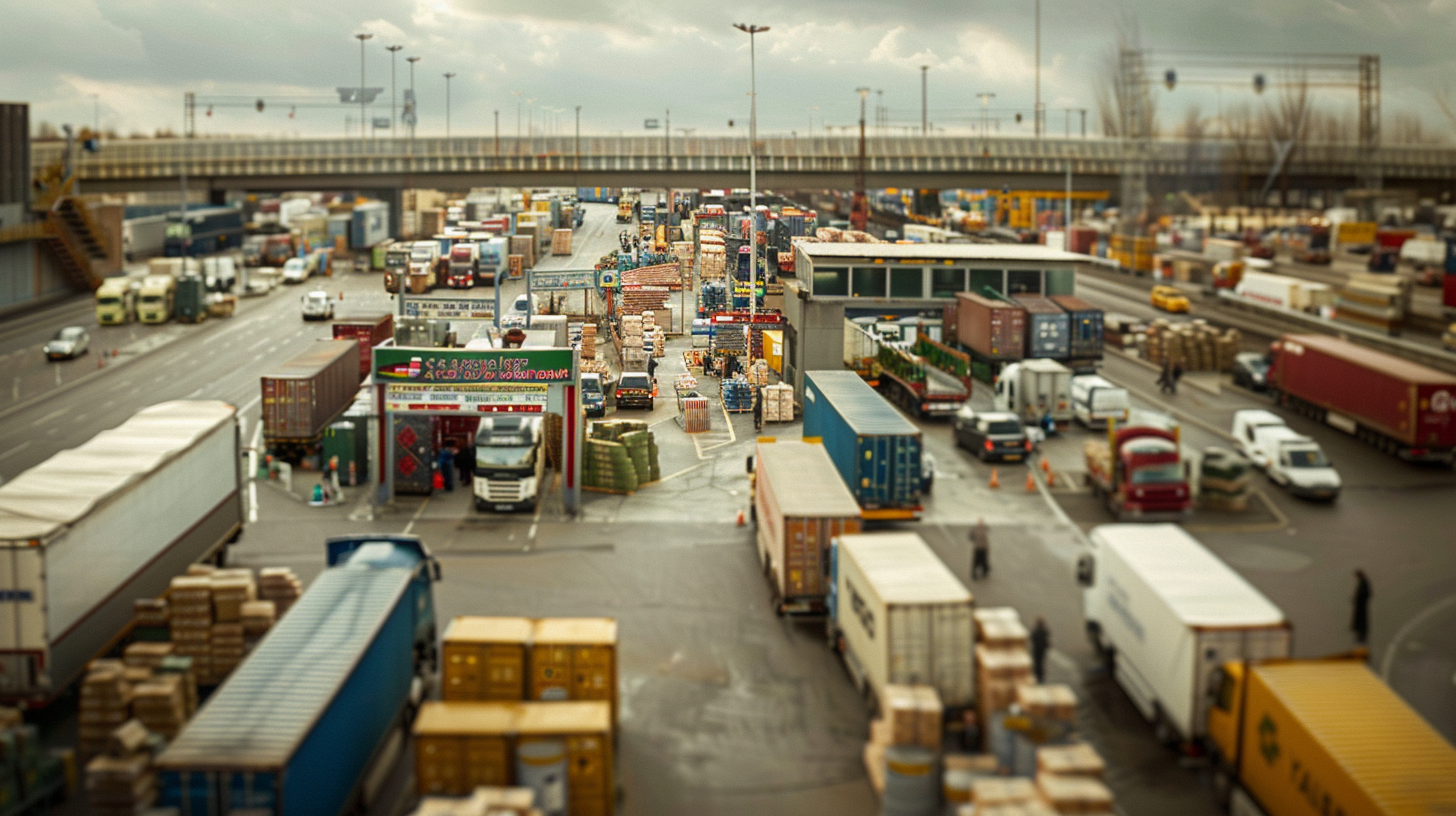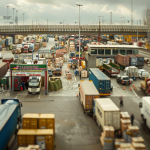Navigating cross-border trade in Calais demands meticulous adherence to customs compliance. As regulations and documentation become increasingly intricate, businesses must stay informed about recent changes affecting this vital trade hub. This guide provides comprehensive insights into meeting the regulatory requirements, ensuring smooth import and export processes. Understanding these guidelines is essential for staying compliant and thriving in the dynamic landscape of Calais’ trade environment.
Customs compliance in cross-border trade at calais
Navigating customs compliance in cross-border trade at Calais involves understanding detailed guidelines on customs requirements and regulatory compliance. Each type of merchandise, such as live animals, food products, and vehicles, requires specific documentation and procedures due to differing customs nomenclature and tariff classifications.
En parallèle : How to Use Big Data to Improve Customer Lifetime Value for UK Telecom Companies?
Documentation and procedures
To ensure smooth transit, businesses must complete import/export declarations, including a summary declaration (ENS) before goods reach the EU’s customs territory. The process typically involves five key steps, each meticulously managed to prevent delays and additional costs.
Recent regulatory changes
The Brexit agreement has reinstated customs, sanitary, and phytosanitary controls between the UK and the EU, effective January 1, 2021. This means businesses must now submit detailed forms for each operation, impacting transportation costs significantly. The new Border Control Points (PCFs) at Calais and Dunkerque facilitate compliance, ensuring the quality and conformity of goods.
A voir aussi : What Are the Best Tools for Time Management and Productivity for London Start-ups?
For comprehensive customs services, ASA offers tailored solutions with profound local expertise, operating seven days a week at the Calais Truck Stop. Their team prioritizes speed and responsiveness, ensuring quick and secure documentation for effective transit. For more information, visit https://www.asalinks.eu/, a specialised site.
Key steps in Import/Export formalities
Navigating the import/export process involves five critical steps, each essential for ensuring compliance and efficiency.
Preparation of Documentation: Businesses must gather all necessary documents, including commercial invoices, packing lists, and certificates of origin. Accurate documentation is crucial for avoiding delays and fines.
Customs Declarations: Submitting import/export declarations, such as the summary declaration (ENS), is mandatory before goods reach the EU’s customs territory. This step ensures that customs authorities have all required information.
Payment of Duties and Taxes: Calculating and paying applicable duties and taxes is vital. This impacts transportation costs and must be done accurately to avoid penalties.
Inspection and Control: Goods may be subject to physical inspections and controls, especially for sensitive items like live animals and food products. Compliance with sanitary and phytosanitary regulations is checked here.
Release and Transit: Once all formalities are completed, goods are cleared for transit. Swift processing at Border Control Points (PCFs) ensures timely delivery.
These steps, managed meticulously, facilitate smooth cross-border trade and compliance with regulatory requirements.
Brexit impact on trade regulations
Brexit has significantly altered trade regulations between the UK and the EU. Post-Brexit, businesses face new customs, sanitary, and phytosanitary controls. Import/export declarations are now mandatory for all goods, requiring detailed documentation for each transaction. This has increased the complexity and cost of cross-border trade.
To accommodate these changes, online services like DELTA G and DELTA X have been updated, streamlining the submission of necessary forms. New Border Control Points (PCFs) at Calais and Dunkerque ensure compliance with these regulations, facilitating the inspection and control of goods, particularly sensitive items like food products and live animals.
ASA provides tailored services to navigate these complexities, ensuring quick and secure documentation processing. Their expertise is crucial for businesses to adapt to the new regulatory landscape, minimizing delays and additional costs. Understanding and adhering to these new requirements is essential for maintaining efficient and compliant cross-border trade operations.






